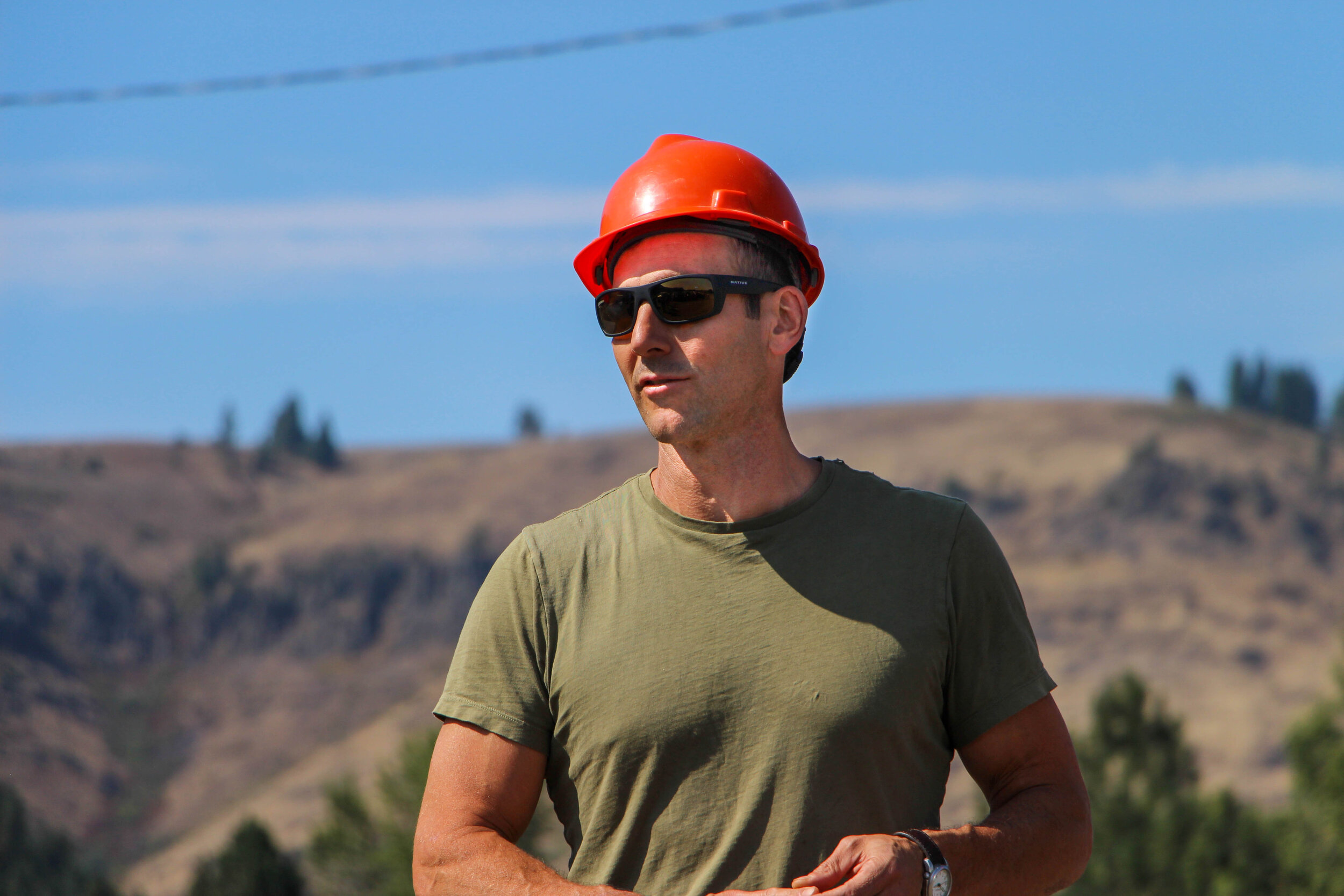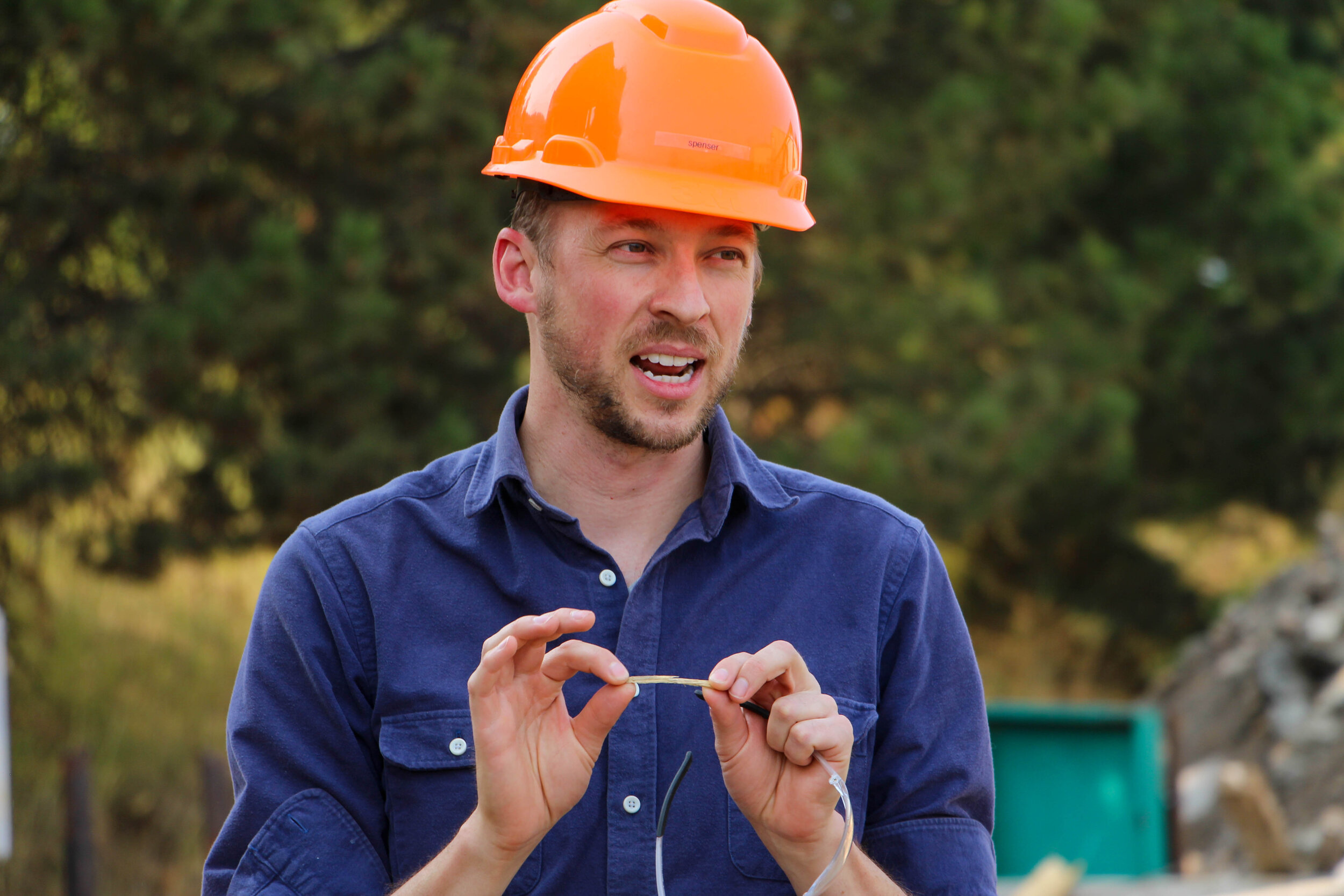Kent Woodruff
Wildlife Biologist, U.S. Forest Service (retired)
Methow Valley, WA
8/28/21 – 9/2/21
The mid-afternoon sun glistens from a cloudless sky as Semester in the West arrives at the Methow Valley Interpretive Center. A pair of vibrant blue eyes and a warm, youthful grin greet the group at the entrance to Twisp, Washington. Kent Woodruff, Methow Valley local, will be the Westie programming guide for the next ten days.
Kent’s professional life has been as rich and complex as the natural landscapes that he works within. While in the Methow, the retired U.S. Forest Service wildlife biologist shares three of his most prized regional conservation projects with the program: beaver and wetland restoration with the Methow Beaver Project, raptor conservation on Chelan Ridge with HawkWatch International, and a freelance project to relocate and nurse rare Townsend big-ear bats.
Despite his myriad of accomplishments, Kent insists that his greatest pride comes from working with young environmentalists. During this era of climate change and mass ecological destruction, Kent is devoted to educating and nurturing the successes of an upcoming generation of biologists, ecologists, and activists.
On Kent’s final day with the Westies, one student asks him how we are going to get through these perilous times. Kent pauses. Water pools at the base of his blueberry-bright eyes. He reaches down and fastens his fingers around the hand nearest to his own. “By finding people to hold on to and care about. And partner with and find solutions with. I think that’s the way we are going to get through this. Make connections and hold those people close. Love will help us get through.”
By Kate Joss



